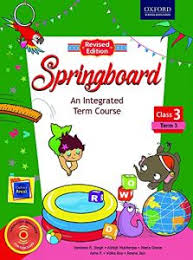SPRINGBOARD(RE) C3T3 ED_2018_UPDATED J&K
Availability :
In Stock
₹ 465.50
M.R.P.:₹ 490
You
Save: ₹24.50 (5.00% OFF)
(Inclusive
of all taxes)
Delivery:
FREE Delivery
Author:
V.SINGH,A.MUKHERJEA,NG,AP,VR,RJ
Publisher:
Oxford University Press
ISBN-13:
9780190129989
Publishing Year:
2020-06-12 05:30:00.000
No. of Pages:
232
Weight:
512g
Language:
Unknown
Book Binding:
Paperback











